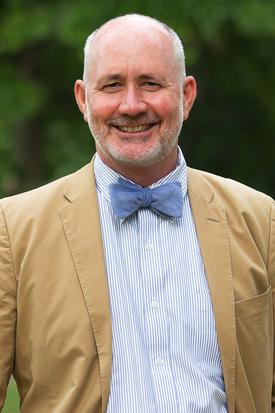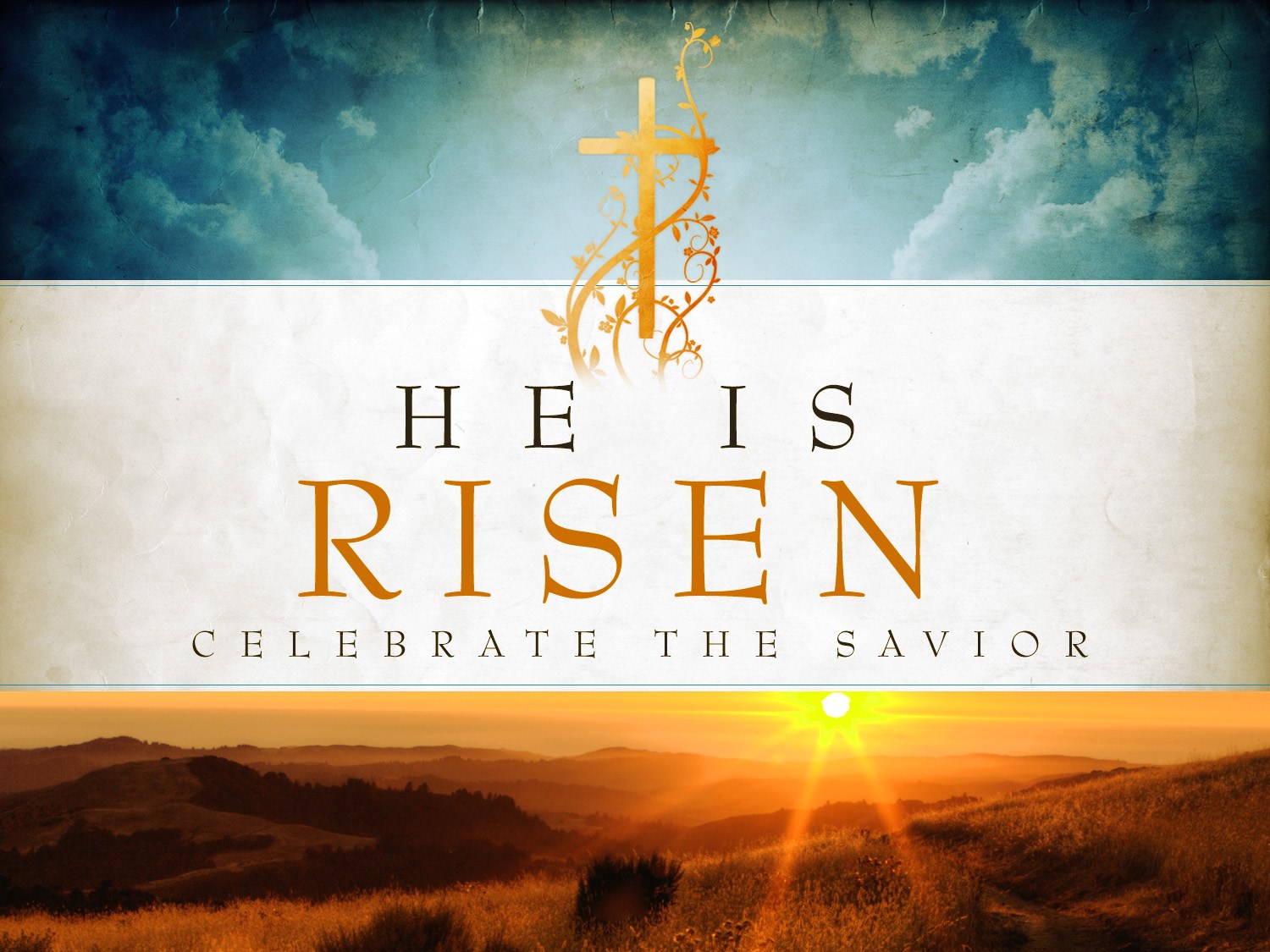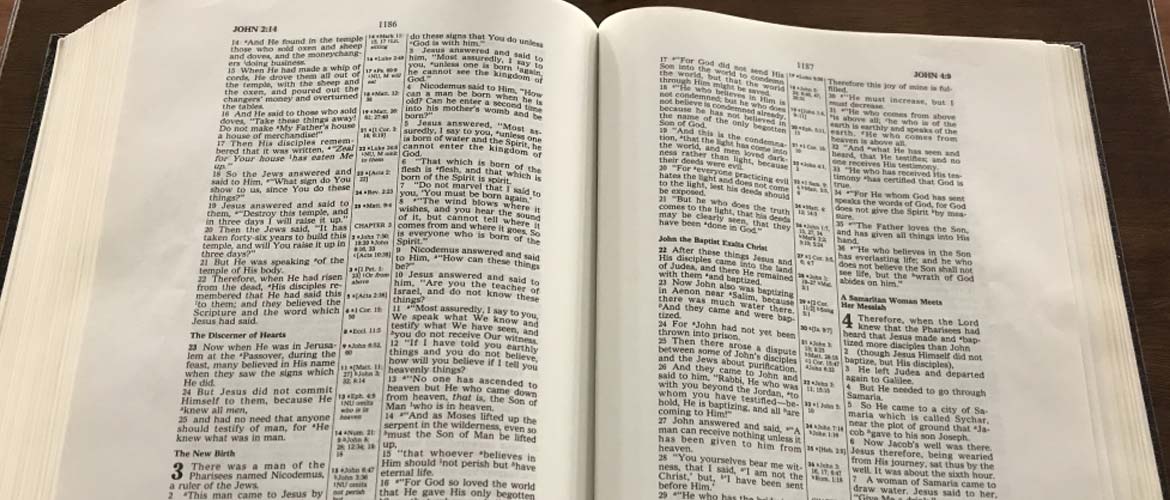REFORMATION CONFERENCE

Reformation Conference 2022
Sunday, October 30th
Guest Speaker: Dr. Bradley G. Green
Theme: “Faith & Works: A Reformational Perspective”
Sunday Morning:
9:30 AM: Morning Worship Service
Sermon: “Justification and Divine Forbearance” (Ro. 3:21-26)
11:00 AM: Sunday School
“Faith and Works, Part I”
Sunday Afternoon:
12 Noon: Fellowship Meal (Fellowship Hall)
Sunday Evening:
5 PM: Evening Worship Service
“Faith and Works, Part II”
Easter and New Creation

Now if Christ is preached that He has been raised from the dead, how do some among you say that there is no resurrection of the dead? But if there is no resurrection of the dead, then Christ is not risen…. But now Christ is risen from the dead, and has become the firstfruits of those who have fallen asleep. For since by man came death, by Man also came the resurrection of the dead. For as in Adam all die, even so in Christ shall all be made alive. But each one in his own order: Christ the firstfruits, afterward those who are Christ’s as His coming. Then comes the end, when He delivers the Kingdom to God the Father, when He puts an end to all rule and all authority and power. For He must reign till He has put all enemies under His feet. The last enemy that will be destroyed is death. (1 Corinthians 15.12-13, 20-26, NKJV)
The Apostle Paul recognized the cosmic significance of the resurrection of Christ. As he reflects upon the historical reality of that event in 1 Corinthians 15, his mind can’t help but race ahead to the consummation of all things. His rumination on the first Easter morning lead him inexorably to the Second Coming of Christ when Jesus delivers the Kingdom to His Father, definitively defeats death for all eternity, and is joined in resurrection glory by all who belong to Him.
Old Princeton theologian Geerhardus Vos captures well the place of Jesus’ resurrection in God’s grand plan of redemption in his sermon entitled, “Rabboni.” Reflecting on Jesus’ first moments after being raised from the dead, Vos declares:
The time was as solemn and majestic as that of the first creation when light burst out of chaos and darkness. Heaven and earth were concerned in this event; it was the turning point of the ages. Nor was this merely objectively so: Jesus felt himself the central figure in this new-born universe, he tasted the exquisite joy of one who had just entered upon an endless life in the possession of new powers and faculties such as human nature had never known before.
When Jesus rose from the dead, a new cosmic age began. He through whom the universe was originally created (John 1.1-3), became now “the central figure in this new-born universe.” As the Apostle recognized, that first Easter was the beginning of a new creation — a new creation that will reach its consummation when Christ returns in glory.
In Christ, we are citizens of His Kingdom and children of the new creation. Even now we taste of resurrection life:
But if the Spirit of Him who raised Jesus from the dead dwells in you, He who raised Christ from the dead will also give life to your mortal bodies through His Spirit who dwells in you. (Romans 8.11, NKJV)
Paul is talking here about present reality for the Christian. Right now, the spiritual life of the new creation is our possession. And when Christ returns, this which has begun will be consummated in our physical resurrections. We will be radically transformed and glorified even as the universe is transformed and glorified into a new heavens and a new earth. As we look forward to that day with great anticipation, let ups remember that it will be but the outworking of “the turning point of the ages” that took place when Jesus emerged triumphant from the tomb.
Our celebration of Easter can surely be enriched by this new creation perspective. When we understand that the resurrection exists in past, present, and future tenses, our hearts can be filled with the greatest joy as we declare to one another, “He is risen!” “He is risen indeed!”
[Geerhardus Vos’s sermon, “Rabbonì,” is included in the book, Grace and Glory: Sermons Preached in the Chapel of Princeton Theological Seminary (Banner of Truth Trust, 1994). This book is an expanded edition of a volume of the same name originally published in 1922.]
The Ordinary Means of Grace

In a culture that celebrates the spectacular and extraordinary, it can sound a bit behind the times to say our church is committed to the ordinary means of grace. What is so exciting about that? The answer is that it is exciting to avail ourselves of the powerful tools God uses to save people from sin and help them grow in godliness.
The Westminster Shorter Catechism identifies the Word, sacraments, and prayer as the “ordinary means by which Christ gives to us the benefits of redemption.” In a Tabletalk article, Ligon Duncan provides a helpful summary of what this means in the life of the church:
Ordinary means ministry believes that the key things that the church can do in order to help people know God and grow in their knowledge of God are: First: emphasize the public reading and preaching of the Word; second, emphasize the confirming, sanctifying, assuring efficacy of the sacraments, publicly administered; and third, emphasize a life of prayer, especially expressed corporately in the church.
All of this takes place preeminently in morning and evening corporate worship on the Lord’s Day.
At Covenant Presbyterian Church, we are committed to ordering our worship with a focus on these ordinary means of grace. Expositional preaching, mostly through whole books of the Bible, is at the center of our worship. But the Word informs every aspect of our service such that it may be said that we read the Bible, preach the Bible, pray the Bible, and sing the Bible. We partake of the sacrament of the Lord’s Supper weekly in morning worship, as God renews His covenant with us and assures us of His grace. And we punctuate our worship with prayers of praise, petition, and commitment, confident that our great High Priest, Jesus Christ, bears our prayers before His Father’s throne of grace.
We may speak of the ordinary means of grace, but we know that God uses the Word, sacraments, and prayer to do extraordinary things in the lives of His people. Come join us for worship this Sunday!
